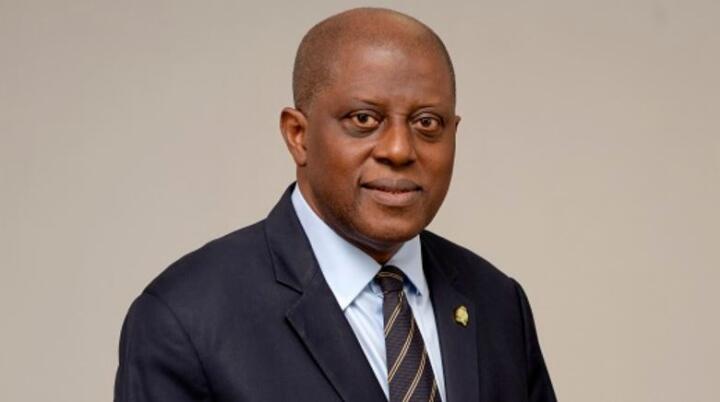In a recent statement, economist and policy analyst Dr. Mohammed Cardoso highlighted the transformative potential of ongoing economic reforms in Nigeria. He emphasized that these reforms are strategically designed to lay the groundwork for sustainable growth and development across various sectors of the economy. As the country navigates through challenging economic times, Cardoso’s insights provide a hopeful outlook on the future of Nigeria’s economy.

Understanding the Context of the Reforms
The Nigerian economy has faced numerous challenges in recent years, including fluctuating oil prices, inflation, and foreign exchange volatility. In response to these challenges, the government has initiated a series of reforms aimed at diversifying the economy, enhancing revenue generation, and improving the overall business environment. These reforms encompass several areas, including taxation, investment in infrastructure, and support for small and medium enterprises (SMEs).
Cardoso points out that these reforms are not merely reactive measures but are part of a comprehensive strategy to create a resilient economy that can withstand external shocks. By addressing structural weaknesses, the government aims to foster an environment conducive to growth and innovation.
**Key Areas of Focus in the Reforms**
One of the focal points of the reforms is the taxation system. The government has been working to streamline tax policies to enhance compliance and broaden the tax base. By making the tax system more efficient and transparent, the government seeks to increase revenue without placing an undue burden on citizens and businesses. Cardoso believes that a well-structured tax system will promote investment and encourage entrepreneurs to contribute to the economy.
Infrastructure development is another critical area of focus. The Nigerian government has recognized the need to invest in infrastructure to support economic activities. Improved transportation networks, reliable power supply, and enhanced digital infrastructure are essential for facilitating business operations and attracting foreign investment. Cardoso notes that ongoing investments in infrastructure will have a multiplier effect on various sectors, leading to increased productivity and economic growth.
Support for SMEs is also a significant aspect of the current reforms. SMEs play a vital role in job creation and economic diversification, yet they often face numerous challenges, including access to finance and market opportunities. The government’s initiatives to provide funding, training, and resources for SMEs are intended to empower these businesses to thrive and contribute to the economy’s overall growth.
**Anticipated Outcomes of the Reforms**
Cardoso envisions that the successful implementation of these reforms will lead to tangible outcomes, including job creation, increased foreign direct investment (FDI), and improved living standards for citizens. He emphasizes that for the reforms to be effective, there must be a concerted effort from all stakeholders, including the government, private sector, and civil society.
The anticipated economic growth resulting from these reforms is expected to be inclusive, benefiting a broad spectrum of the population. Cardoso believes that as the economy expands, opportunities will arise for various segments of society, ultimately contributing to poverty reduction and social stability.
**Challenges to Implementation**
Despite the optimistic outlook, Cardoso acknowledges the challenges that lie ahead. Effective implementation of the reforms requires political will, strong governance, and accountability. Corruption and bureaucratic inefficiencies can undermine progress, so it is crucial for the government to foster a culture of transparency and integrity in its operations.
Furthermore, the global economic environment remains unpredictable, with factors such as inflation, geopolitical tensions, and supply chain disruptions potentially impacting Nigeria’s growth trajectory. Cardoso stresses the importance of adaptability and resilience in the face of these challenges, urging policymakers to remain vigilant and responsive to changing circumstances.
Conclusion
Dr. Mohammed Cardoso’s insights into the current economic reforms in Nigeria provide a hopeful perspective on the country’s growth potential. With a focus on taxation, infrastructure, and support for SMEs, the reforms are designed to create a conducive environment for sustainable economic development. While challenges remain, the successful implementation of these reforms could position Nigeria for renewed growth, job creation, and improved living standards for its citizens. As the country navigates its economic landscape, the commitment to reform will be crucial in shaping a resilient and prosperous future.
Support InfoStride News' Credible Journalism: Only credible journalism can guarantee a fair, accountable and transparent society, including democracy and government. It involves a lot of efforts and money. We need your support. Click here to Donate
